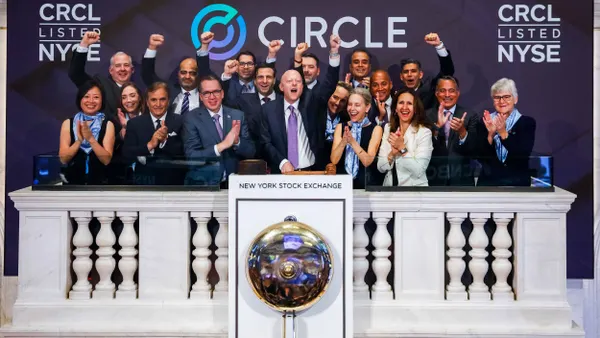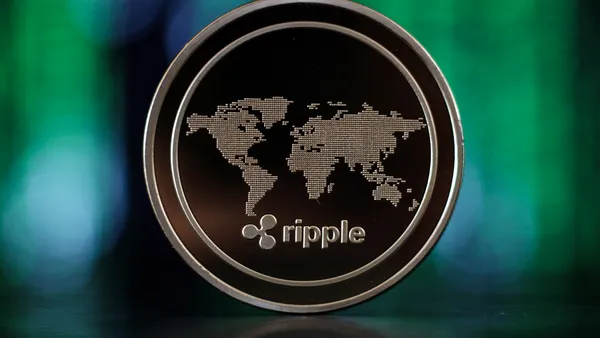Dive Brief:
- Banks representing more than $47 trillion in assets and one-third of the global industry signed on to the United Nations' Principles for Responsible Banking on Sunday.
- As part of the principles, 130 banks committed to align their business with the goals of the U.N.'s Paris Agreement on Climate Change, as well as its Sustainable Development Goals.
- The U.N.'s launch of the initiative on the eve the U.N. Climate Action Summit in New York comes as more banks emphasize their commitments to socially responsible investing.
Dive Insight:
Citigroup in July became the first major U.S. bank to sign on to the initiative, with Citi CEO Mike Corbat saying the principles mirror the bank's philosophy and approach "to developing sustainable solutions alongside our clients and setting clear and ambitious targets."
Other major global banks to commit to the initiative include Deutsche Bank, Barclays and BNP Paribas. However, the signees include just three of the world's 10 biggest banks, American Banker reported.
Simone Dettling, banking team lead for the Geneva-based United Nations Environment Finance Initiative, told Reuters the principles mean banks have to consider the impact their loans have on society and not just on their portfolios.
Dettling said banks can also be stripped of the signatory status if they fail to demonstrate they are making progress within a given timeline.
"Ultimately, banks that are not in line with their commitments and do not make progress can be stripped of their signatory status," she said.
During Sunday's launch event, U.N. Secretary-General Antonio Guterres called on financial institutions to "invest in climate action and divest from fossil fuels and pollution in general."
While banks could feel the negative effects of dropping accounts for certain businesses that don't align with the U.N.'s principles, there are reputational advantages to be gained by promoting lending to certain industries such as alternative energy, Pen Pendleton, a partner at CLP Strategies specializing in communications and media relations for the banking industry, told Banking Dive last month.
"I think you're going to see many more banks positioning themselves as partners to environmental and sustainable commercial activities," he added.













